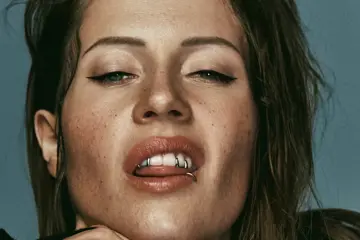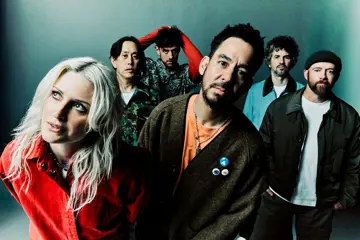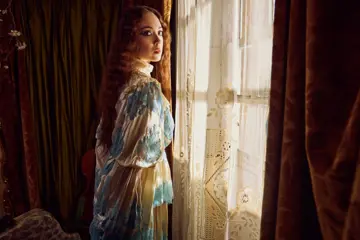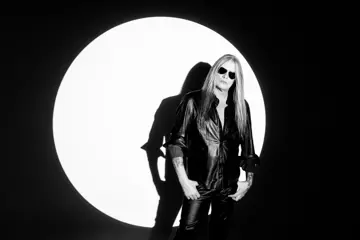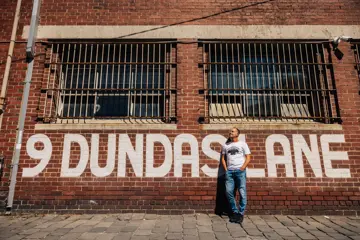“It reads like it was written yesterday. There will be a number of prominent Australians who think it was written about them, because in some fundamental ways, Australia hasn't changed a bit.” It's been nearly a quarter of a century since Stephen Sewell wrote the political drama Hate but, as his words this week show, he's still confident that his play about power, corruption and abuse in Australia's elite would be sufficiently close to home to make a few contemporary Australian figures feel distinctly uncomfortable.
William Zappa, who plays John Gleason, the lead role in the Malthouse's new production, agrees. “It's incredibly relevant today… It was written just after the big economic crash of the '80s, and of course we've now had the GFC. There have also been corruption cases going on all over the place, politicians tearing at each others throats, politicians mocking each other. So it is incredibly pertinent.”
Zappa outlines the story. “It's about a politician and his family gathered together for Easter. There's a very large family business, and in one way or another they're all corrupt… They're all trapped by a storm that's come in and flooded the rivers and brought telephone lines down. [While they are] trapped there they start to tear at each other,” he laughs wryly. “It's quite an interesting display of human animal behaviour.”
The play was composed by Sewell at the request of the Bicentennial Commission, which in 1988 commemorated 200 years of white settlement in Australia. Does this date it at all? Zappa doesn't think so. “Let's put it this way: it was considered a really bold move to ask Stephen to write for that event,” he says. “He wears his politics on his sleeve, so it was quite a dangerous and daring thing to do. And certainly, my character's views on how this country was won are pretty strong, and I imagine most people in the audience [on hearing them] will be thinking, 'My God, what an arsehole!'”
Don't miss a beat with our FREE daily newsletter
Hatred and prejudice are emotions that aren't too comfortable to look at closely, but Sewell has described how the play aims to tackle some of the “visceral rage” that he believes underlies Australian political discourse. Does Zappa think that Australians are a particularly angry bunch? “I think there are pockets of anger… Where people focus on the things that make them angry, as opposed to the things that make them feel really good about the country.” He cites the debate around 'boat people', the incarceration rates of indigenous people and the rise of Pauline Hanson as examples that Australia hasn't moved on much from the era in which the play was written. “I think one of the things a play like this does,” he continues, “is show that this is stuff that hasn't changed terribly much at all. In fact, in some cases it's got worse.”
For his depiction of a power-hungry patriarch in the play, Zappa will be drawing on real-life politicians and business operators. His own life doesn't sound like it will provide much material however; in his spare time he writes poetry and practices Tai Chi, a martial art he describes as being “all about relaxing and breathing, being able to let go”.
WHAT: Hate
WHEN & WHERE: Wednesday 20 February to Friday 8 March, Malthouse


